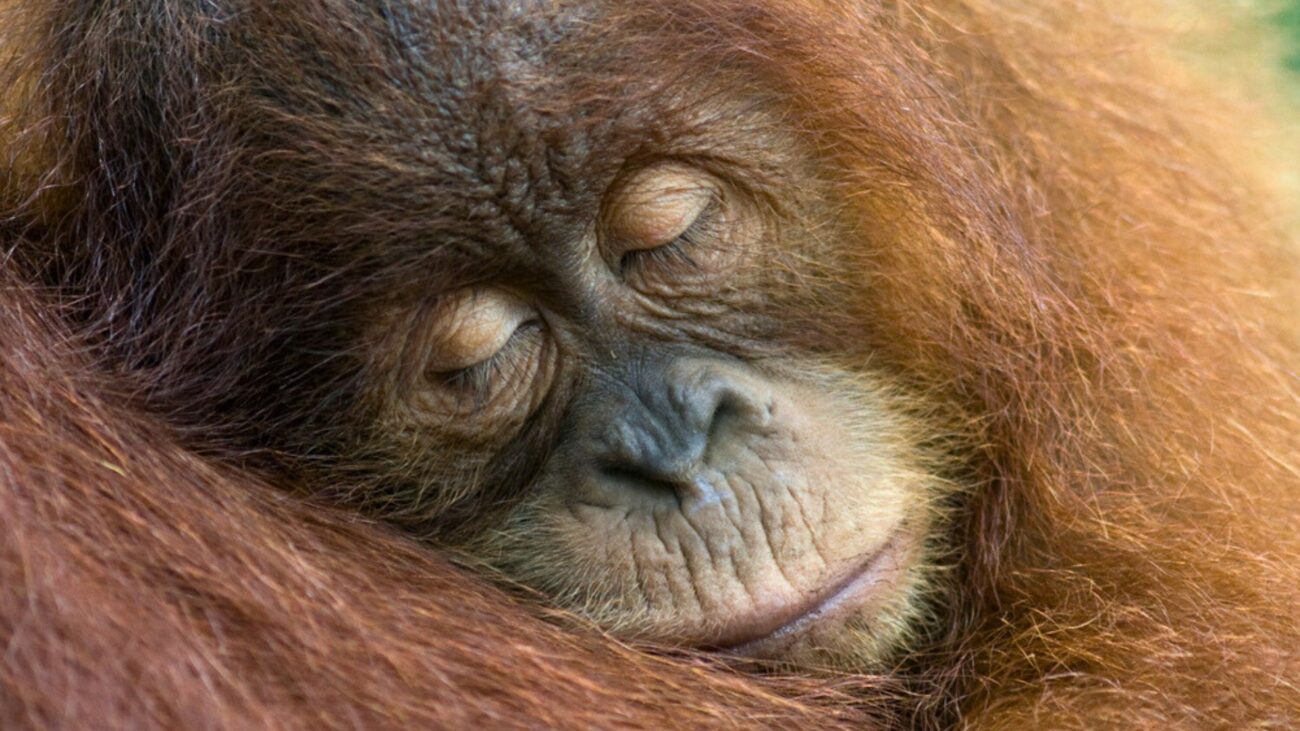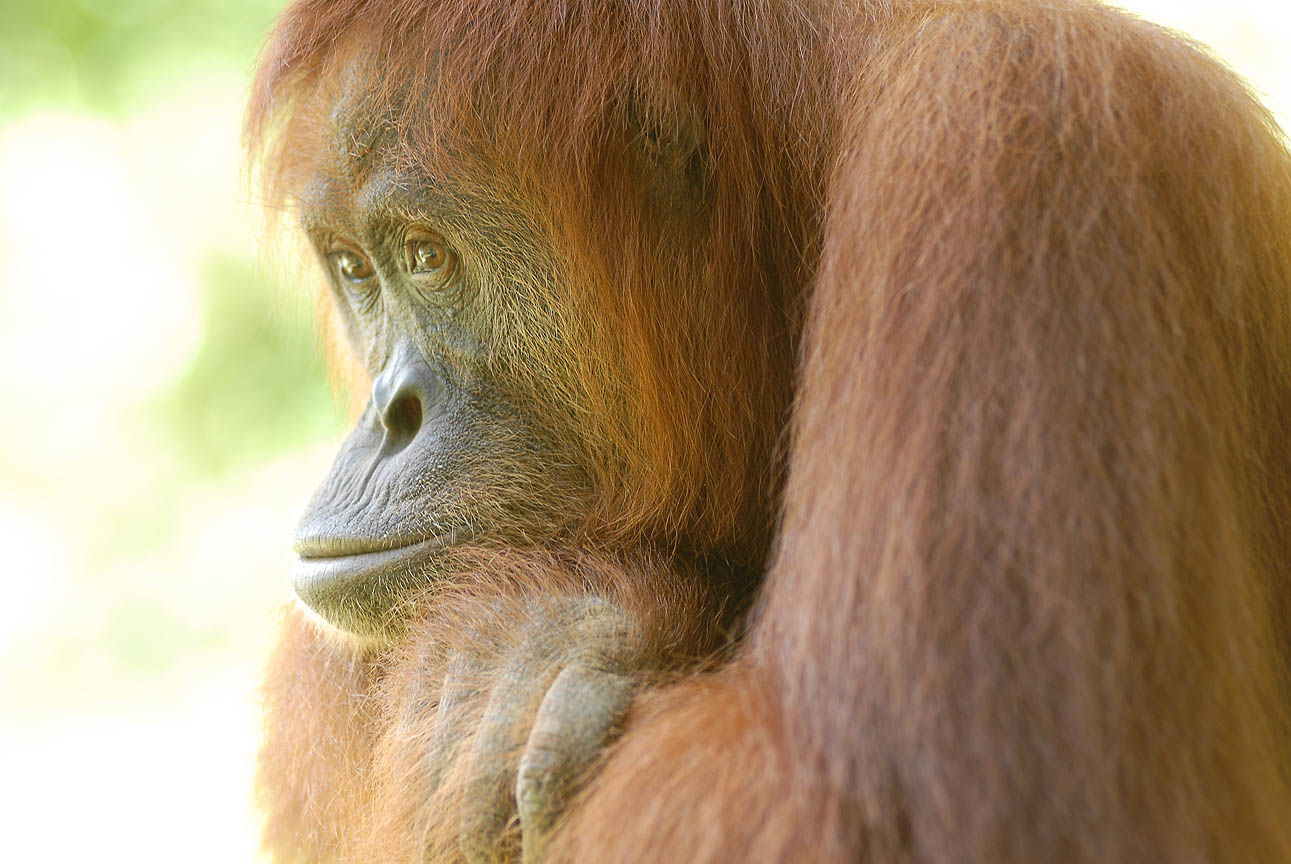
Photo credit: Suzi Eszterhas
Researchers have found that wild orangutans compensate for a poor night’s sleep by napping more the following day. They increase their naps by around 10 minutes for every hour of sleep lost the previous night. This is similar to how humans manage sleep and power naps.
Wild orangutans have to make trade-offs between socialising, travelling, eating, and sleeping. Their sleep varies depending on the distance travelled during the day and the proximity of others. Sleeping within 50 meters of another orangutan is enough to reduce their overall sleep time.
Sumatran orangutans have high energetic demands, with large brains and big bodies. Finding seasonal food and navigating social relationships are tiring, yet despite the cost, orangutans still choose to be social. This suggests there are deeper reasons for sociality that we don’t yet understand.
Concerningly, high temperatures during the day also resulted in shorter nap times. Climate change is affecting the ability of orangutans to manage their sleep needs with direct consequences for their health and survival. We must protect and rewild their forest homes to secure a thriving future.
Reference: Ashbury A M et al (2025) “Wild orangutans maintain sleep homeostasis through napping, counterbalancing socio-ecological factors that interfere with their sleep”. Current Biology.
You can help protect Sumatra's Orangutans. Click to get updates
